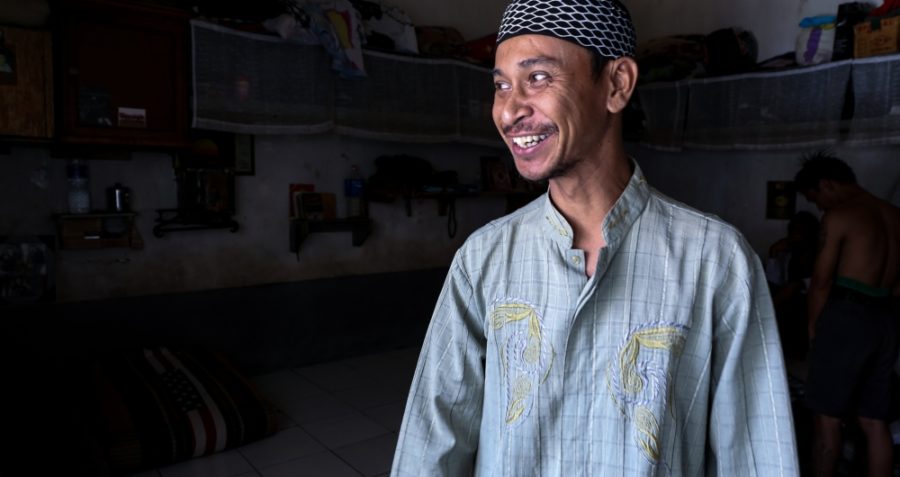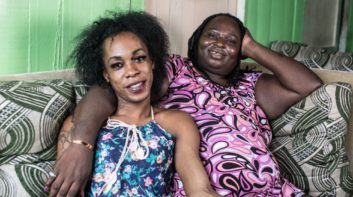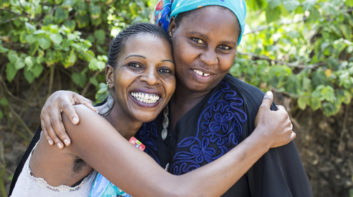Indonesia
 © Vincent Rumahloine for Frontline AIDS
© Vincent Rumahloine for Frontline AIDS
We’re supporting harm reduction in Indonesia, helping people who use drugs protect themselves from the risk of HIV.
Like much of East Asia, injecting drug use is one of the biggest causes of HIV infection in Indonesia. Although new infections have fallen 27% since 2010, deaths from AIDS-related illnesses have risen sharply. Additionally, just 17% of people living with HIV are on the antiretroviral treatment they need.
Our work in Indonesia focuses on providing harm reduction programmes to help people using drugs minimise their risk of contracting HIV.
DID YOU KNOW?
- Almost 29% of people who inject drugs in Indonesia live with HIV.
- Coverage of harm reduction services like needle-syringe programmes and opioid substitution therapy are low in the country.
Meet one of OUR PARTNERs
We work with Rumah Cemara to help marginalised populations – such as people who use drugs, sex workers, men who have sex with men (MSM), homeless people, migrants, and adolescent girls and young women – advocate for better access to HIV and health services. Rumah Cemara is experienced in providing and advocating for harm reduction services for people who use drugs and HIV treatment services for people living with HIV in Indonesia.
Created in 2003, Rumah Cemara was founded by five former drug users who wanted to support one another and help others in their situation. Today, they host a rehabilitation centre and run peer support groups for people with a history of drug use who are living with HIV.
They also work with people who use drugs in prisons. For example, they were influential in the country’s prison authorities’ decision to approve a pilot prison-based needle exchange programme. Rumah Cemara continues to advocate for harm reduction approaches to drug use, and the decriminalisation of drug use in the lesbian, gay, bisexual and transgender (LGBT) community with the support from the PITCH programme.
OUR IMPACT IN INDONESIA
During 2019, Rumah Cemara:
- Advocated to reduce the number of deaths caused by drug overdose. They participated in a project with other partners to make Naloxone available in hotspots outside hospitals, and developed training sessions to community networks on how to administer it.
- Collaborated on a series of campaigns to redirect funding from the war on drugs to harm reduction and public health interventions for people who inject drugs.
Will you help us end aids?
I would like to make a donation of:
Please enter the amount you would like to donate, ie: '10.00'



